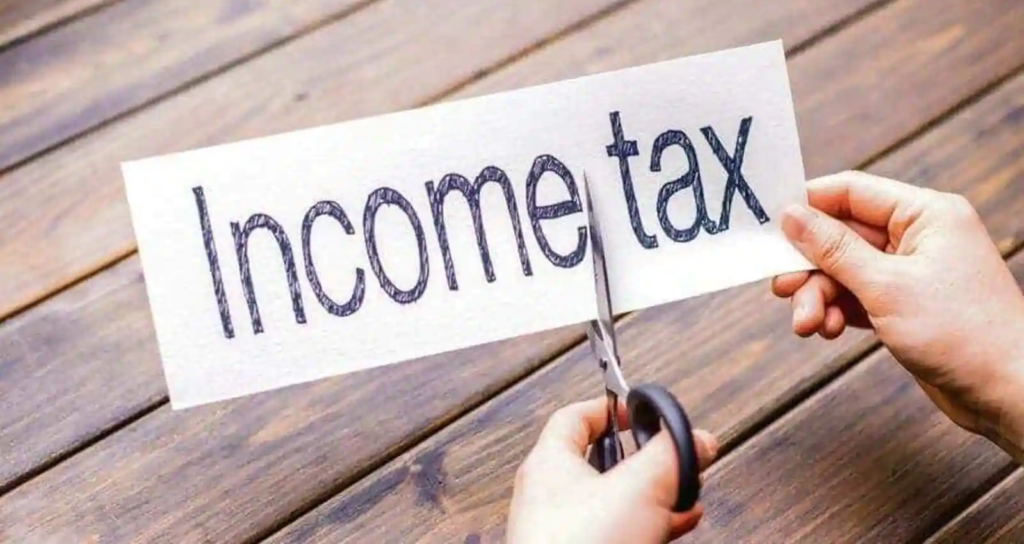Tax Saving avenues for Individuals
Year end is approaching and hence the rush to invest and save tax is on its way. Here we’re mentioning the avenues which individuals can utilise to save their tax outflows by not only investing a sum but also claim a deduction if applicable.

- 80C – This is the most popular deductions to claim. Individuals can claim upto Rs. 1.5 Lacs of deduction and at the highest tax bracket one can save Rs. 46,800/-
Investments / expenses towards ELSS funds, Life insurance policies, EPF, Pension funds, PPF, SSY, Home loan repayment (principal), stamp duty on real estate, kid’s education fees etc can be claimed under it.
2. 80D – Premium paid under health insurance for self, spouse, kids and dependent parents comes under this section.
- For self, spouse and kids one can avail a deduction of upto Rs. 25,000 if the age is below 60 and Rs. 50,000 for senior citizen.
- Same deduction is available for paying dependent parents’ premium as well.
Practically a deduction of upto Rs. 75,000 can be claimed under this section and thus saving upto Rs. 23,600/- towards taxes at highest tax bracket.
3. 80CCD – The only investments which can be claimed as deduction over and above 80C is for NPS tier 1 account where one can voluntarily invest upto Rs. 50,000/- and save upto Rs. 15,600 towards tax outflow.
If the employer allows, one can invest upto 10% of basic pay and claim as a deduction under 80CCD (2) to save further tax. The only catch is money is blocked till you retire and premature withdrawals are only in case of medical emergency.
4. Sec 24 – Home loan interest payment upto Rs. 2Lacs can be claimed under sec 24. One can avail deduction either for self-use / let out property, the maximum tax savings possible here is Rs. 62,400. One of the main reasons why individuals are inclined towards buying real estate is to save on taxes along with wealth creation.
5. 80E – Deduction on interest paid on education loan can availed under this section, while there is no ceiling limit on it, a deduction of 1 Lac can save taxes upto Rs. 31,200/-
6. 80G – Individuals who wish to claim deductions under section 80G need to ensure that the organization they are donating to falls under the purview of this Act. Only those donations made to registered and valid funds or charitable institutions qualify for suitable deductions.
7. HRA / 80GG – Individuals staying on rent can claim deductions as HRA, most of salaried persons do have HRA as a component under their CTC, those not having HRA especially professionals like Self employers/free lancers, lawyers, consultants can claim it under section 80GG. The limit for HRA is upto the HRA component of CTC and for those claiming under 80GG can save maximum Rs. 60,000 p.a/-
8. LTA – LTA is a component for salaried individuals under which they can claim deductions against travelling expenses within the country via train / aeroplane. One can claim twice in 4 years bracket, current bracket is calendar year 2022-2025.
9. Car lease program / buying a house in the name of firm – Buying a non electric car does not help with any tax savings if bought in individual name, however the car lease programme by company can help in some tax saving as the amount paid towards car is adjusted with the taxable CTC. For business owner, many prefer buying a car in firms name to claim it as asset under balance sheet and charge depreciation as an expense, also the interest paid can be availed as business expense. One must not that the rule says the car has to be used for business purpose and if it is used for business and self use then proportionate deduction has to be claimed.
10. 80EEB – One of the newest deductions available is sec 80EEB where individuals can claim deductions towards interest paid on loan taken for electric vehicle.
Note:
The above deductions are most commonly claimed deductions apart from it there are avenues like Sodexo coupons, meal allowance, telephone allowance, children allowance, deductions for being/ or having a disabled person as a dependent, deductions for treatment of certain specified diseases.
The deductions mentioned are subject to clauses and hence it is advisable to seek professional help to claim the applicable deductions while filing the returns.
